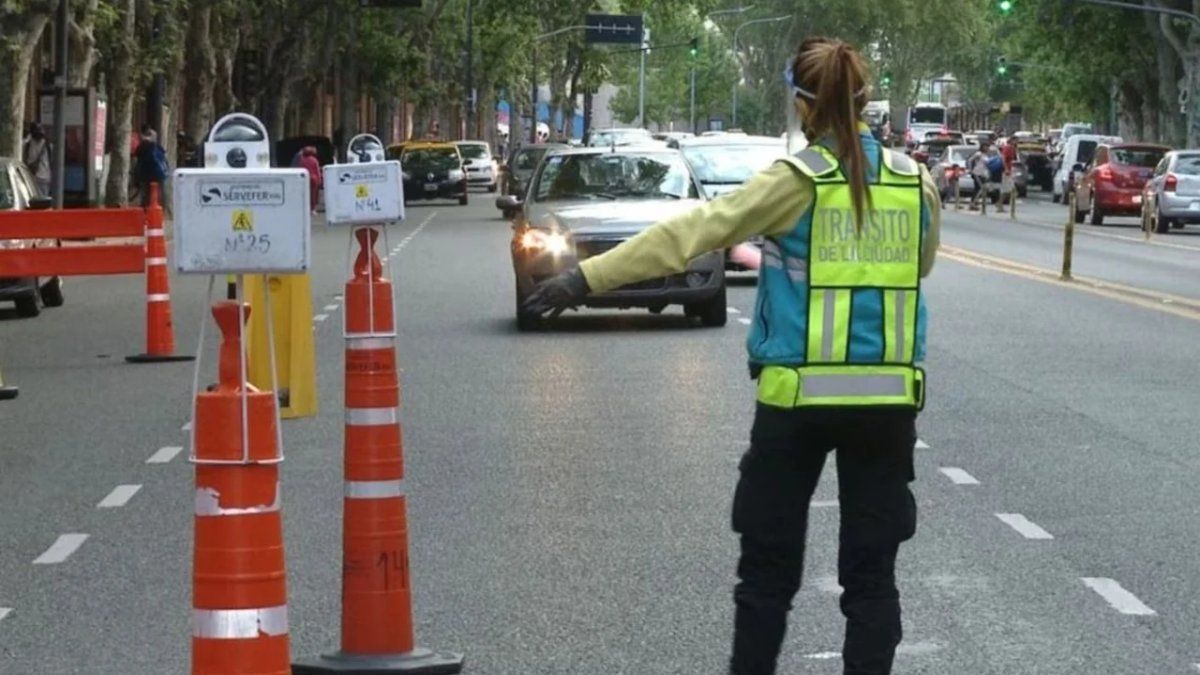The traffic agents they usually do surprise controls on the streets in order to verify the conditions of the car and the driver. What they are looking for is verify that the person is in adequate condition and legal to circulate at that time.
Thus, they carry out controls with requests for documentation, blood alcohol and/or narcotics measurements, and ask some questions to check if everything is in order.
Among these, agents can resort to a “trick” question, which can be problematic if not answered properly. That question is: “Do you know why he was detained?”.
The strategy of the question is to try to get the person under investigation to fall into the implicit recognition of an infraction. This fact would generate an immediate violation.
The best way to avoid any problem is to respond with another question. So, what is recommended is Ask the traffic officer the reason for the stop.
Always, along with exhibiting the corresponding documents. You can also resort to a very simple answer like “I don’t know”avoiding falling into the trap.
However, avoiding the answer to this question does not mean that the driver cannot be fined if necessary, if he actually committed an infraction. What is avoided here is the automatic penalty upon recognition that a fault was incurred.
transit.jpg
Traffic rules changed over time.
Ehowenespanol.com
Changes in fines: which ones are no longer in force
A recent modification in the Traffic Law establishes that A specific set of violations will be exempt from payment depending on the severity of the violation and the time that has passed since its issuance.
According to this regulation, some sanctions will expire, releasing drivers from the corresponding payment, as long as they comply with the deadlines and conditions in force in each jurisdiction.
Traffic fines in Argentina have a statute of limitations period, after which payment is not required. In the Autonomous City of Buenos Aires (CABA), infractions prescribe between 2 and 5 yearsas stipulated by article 89 of the Traffic Law 24,449.
The minor faults they have a shorter prescription periodwhile the more serious violationsespecially those that put life at risk, prescribed after 5 years.
In the Province of Buenos Aires, traffic violations also have a statute of limitations of between 2 and 5 years, depending on the severity.. Once this time has passed, the offender will no longer be obliged to pay the fine.
The offenses considered serious They include lack of driving documentation, not having a valid license plate or insurance, fleeing from a checkpoint, refusing to provide documents, or crossing a red light.
What is the mandatory documentation to transit?
As established by the National Road Safety Agencythese are the requirements regarding documentation to be able to circulate in our country:
- National Identity Document (DNI).
- National Driver’s License.
- Green card.
- Proof of current insurance.
- Proof of Mandatory Technical Review (RTO) or Vehicle Technical Verification (VTV).
- Patent plates placed visible, without alterations and in good condition.
- Fire extinguishers with current date and triangular beacons
Source: Ambito




